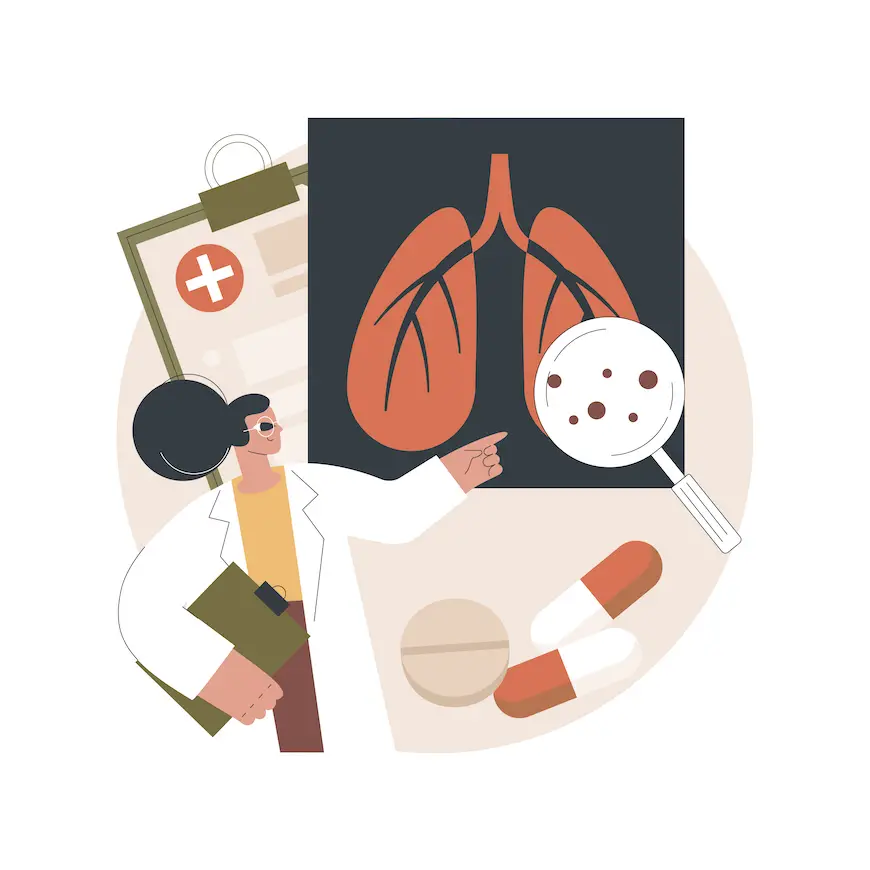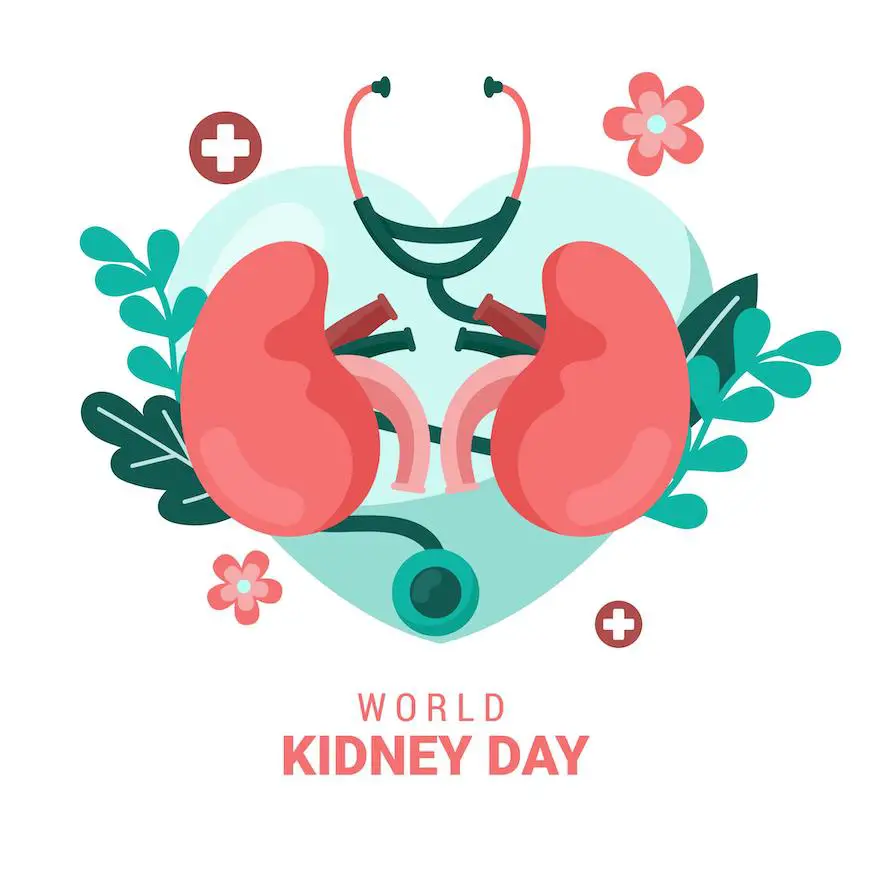Narcolepsy and epilepsy are two conditions that affect the brain, behavior, and mood. Narcolepsy and epilepsy sound similar, but they are different disorders that affect the way the brain works. Both are neurological disorders, but narcolepsy is a sleep-wake disorder, while epilepsy can cause seizures.
Although the underlying causes are different, the symptoms of these two diseases are similar. That’s why it’s important to know the difference between narcolepsy and epilepsy.
This article will take a closer look at narcolepsy vs epilepsy, including each disease, treatment options, and common symptoms.
What is narcolepsy?
In movies and on television, narcolepsy is often portrayed as a condition in which a person suddenly falls asleep without warning. While this can happen, narcolepsy can also be more severe with a condition called extreme daytime sleepiness (EDS): feeling tired all day long, no matter how well you slept the night before.
Narcolepsy is a neurological disorder that disrupts the brain’s ability to regulate sleep and wake cycles effectively. This can result in a range of symptoms that significantly impact daily life and productivity. Given the severity of these symptoms, many people ask, is narcolepsy a disability, as it often interferes with work and other essential activities. Common symptoms include:
- Feeling sleepy most of the time
- Cataplexy – sudden, uncontrollable collapse,
- Sleep attacks, or sleep without warning
- They are delusional and have many vivid dreams at night
- sleep paralysis, inability to move or speak when trying to wake up
There are many causes of narcolepsy, but generally there is a genetic component. Many people with narcolepsy are deficient in a brain chemical called hypocretin, which helps us stay alert. Sometimes narcolepsy occurs after certain diseases.
What is epilepsy?
Epilepsy is a neurological disorder in which brain cells (neurons) send signals to muscles and other parts of the body chaotically or too fast. These atypical symptoms can be palpable, most often seen as uncontrollable muscle movements, but they can also affect mood, behavior, and how you manage various sensations.
According to the Epilepsy Foundation, about 1 in 26 people have epilepsy, and sometimes the condition is accompanied by other conditions, such as:
- Alzheimer’s disease
- Autism
- cerebral palsy
- Punishments
- Brain injury
Key differences between narcolepsy vs epilepsy
Excessive daytime sleepiness (EDS) is the primary symptom of narcolepsy, whereas individuals with epilepsy don’t typically experience sleep-related issues. This highlights a key distinction in the discussion of narcolepsy vs epilepsy.
On the other hand, seizures are the hallmark of epilepsy, but most people with narcolepsy do not experience seizures or significant muscle control problems. However, individuals with type 1 narcolepsy may experience cataplexy—a sudden loss of muscle strength or control. In some cases, cataplexy can resemble a seizure, making it easy to confuse the two conditions.
A critical difference in narcolepsy vs epilepsy is that people with epilepsy usually have no memory of their seizures, whereas those with narcolepsy remain fully conscious and aware during cataplexy episodes.
Symptoms comparison
The table below compares narcolepsy vs epilepsy by highlighting their key symptoms and differences. Narcolepsy primarily involves excessive daytime sleepiness, sudden sleep attacks, and muscle weakness (cataplexy), often triggered by emotions, along with sleep-related phenomena like hallucinations and paralysis. Epilepsy, on the other hand, is characterized by seizures, including loss of consciousness and postictal confusion, often triggered by flashing lights or stress.
While narcolepsy vs epilepsy share some overlapping symptoms like fatigue or hallucinations, narcolepsy is mainly a sleep disorder, whereas epilepsy involves abnormal brain activity causing seizures. The two conditions differ significantly in their underlying causes and presentation.
[wptb id=3478]
Treatment options
How do the causes and risk factors for narcolepsy and epilepsy compare?
The causes and risk factors for narcolepsy are not fully understood. One reason is low levels of the brain chemical hypocretin (also known as “orexin”), which is important in regulating the sleep-wake cycle.
Other possible causes include:
- Autoimmune disease: In some cases, narcolepsy is believed to be triggered by an autoimmune response, where the body’s immune system mistakenly attacks and destroys the brain cells that produce hypocretin, a neurotransmitter that regulates sleep.
- Family history of narcolepsy: Genetics play a role in narcolepsy, and having a family member with the condition increases the risk of developing it. Specific genetic factors, like variations in the HLA complex, are associated with a higher likelihood of narcolepsy.
- Head injuries are rare: Although head injuries can sometimes be linked to the development of neurological conditions, they are not a common cause of narcolepsy. In most cases, narcolepsy is not triggered by physical trauma, though any brain injury affecting sleep regulation could potentially worsen symptoms.
Experts often don’t know why people develop epilepsy, but a family history of epilepsy is a particularly common risk factor. Other risk factors include:
- Brain tumors: Brain tumors, especially those affecting the areas of the brain responsible for controlling electrical activity, can lead to epilepsy by disrupting normal brain function. Tumors can cause abnormal electrical discharges, triggering seizures.
- Developmental disorders of the brain: Conditions like cerebral palsy or other neurological developmental disorders can alter brain structure and function, increasing the likelihood of epilepsy. Abnormal brain development may interfere with the brain’s electrical system, making seizures more likely.
- Stroke: A stroke, which occurs when blood flow to the brain is interrupted, can cause brain damage that increases the risk of seizures. The damaged areas of the brain may become more prone to abnormal electrical activity, potentially leading to epilepsy.
- Traumatic brain injury: Severe head injuries from accidents or falls can damage the brain’s structure, making it more susceptible to epilepsy. The injury may lead to scarring or other changes in brain tissue, which can disrupt normal brain activity and trigger seizures.
While both conditions can have a genetic component, the risk factors for narcolepsy are more closely related to immune system dysfunction, whereas epilepsy’s triggers are often linked to neurological abnormalities or external factors like trauma.
Conclusion
Narcolepsy and epilepsy are two rare and serious medical conditions that require medical treatment. If you experience excessive daytime sleepiness, see a health care professional for an evaluation.
EDS can be a sign of narcolepsy, but it can also be a sign of other conditions, such as obstructive sleep apnea.
If you think you may have narcolepsy vs epilepsy, it’s important to see a doctor. They can run tests to find out what’s going on and provide treatment. While there is no “cure” for narcolepsy vs epilepsy, there are effective treatments for both that can help you manage them and allow you to live your life the way you want.
Frequently Asked Questions







